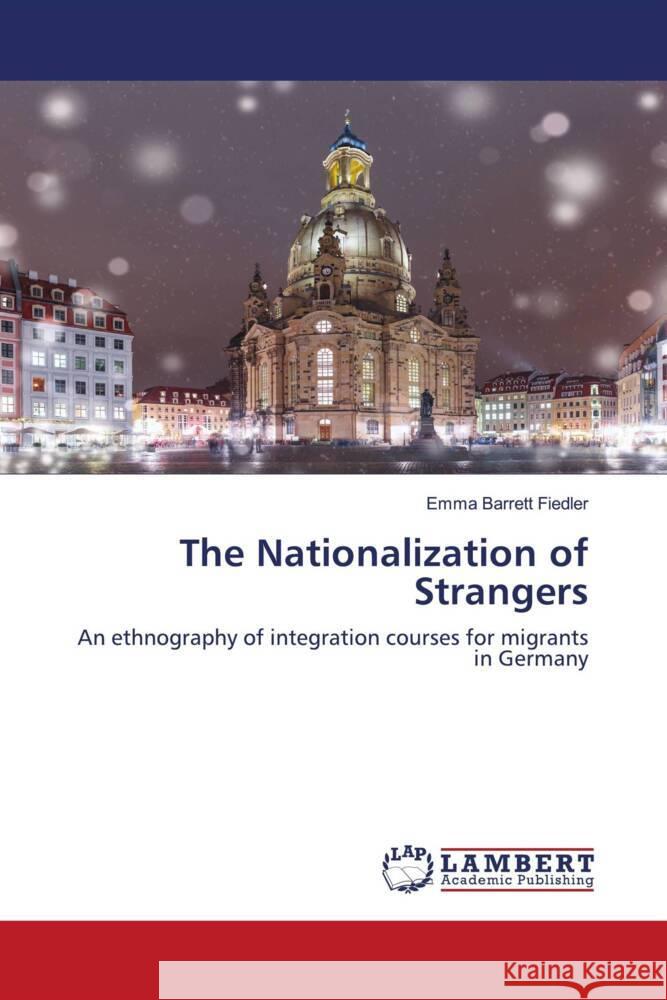The Nationalization of Strangers » książka
The Nationalization of Strangers
ISBN-13: 9786203025705 / Angielski / Miękka / 108 str.
Despite the current acceleration of human globalization and mobility, and a growing de-territorialization in the production of subjectivities, the most recent trend of legal immigration administration in Europe has been the implementation and strengthening of national language and civic integration courses and tests for all types of non European adult migrant newcomers. After a mandatory, state-financed standard educational path lasting up to the length of one year, the candidates to immigration have to attend to classes scrupulously and pass the tests successfully in order to receive the right to durably settle on a given national territory, thus attesting of their knowledge of the official idiom and nationally defined cultural norms, values, history, symbols and political institutions. Drawing from an ethnographic immersion in a german integration school named "Heimat e.V.", this anthropological analysis retraces the genealogy and studies the anatomy of such a dispositiv, before restituting the elements of a subjective resistance shaped by adult migrants confronted to it, when the institutionalization of integration processes could turn into the production of strangers.











